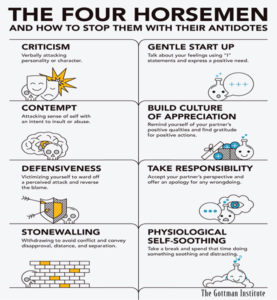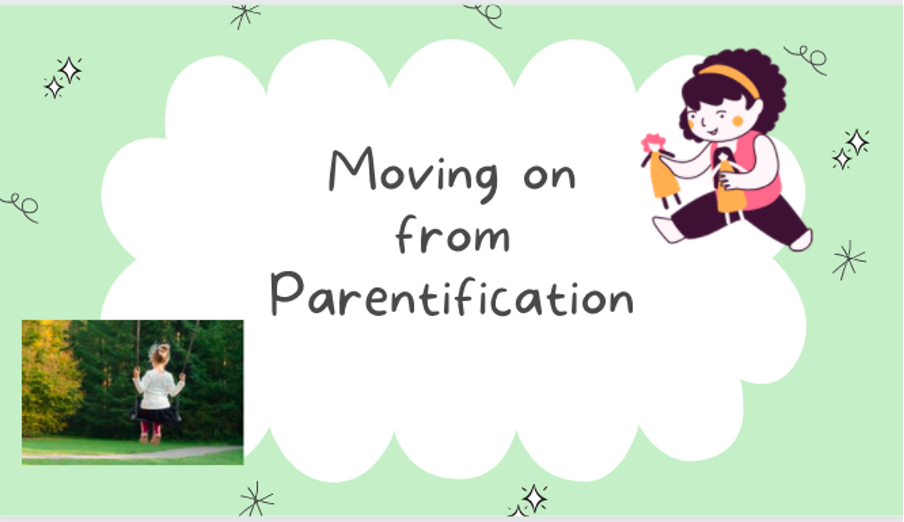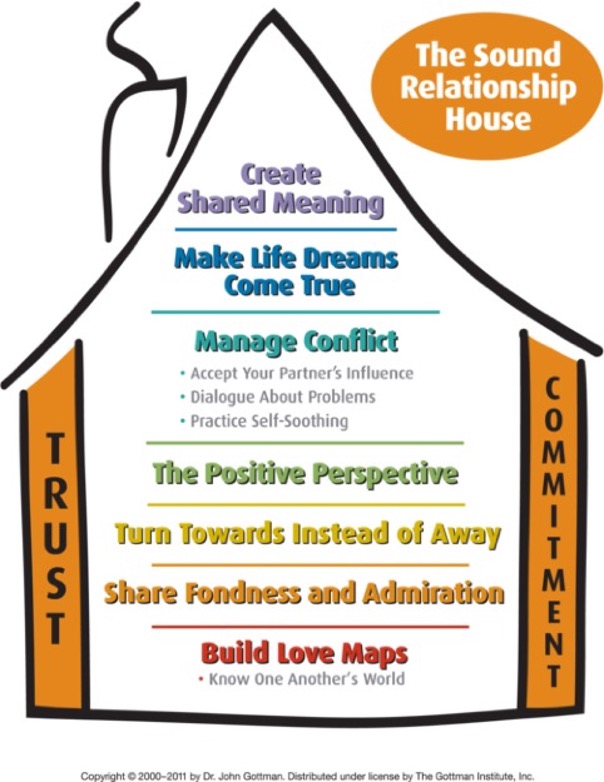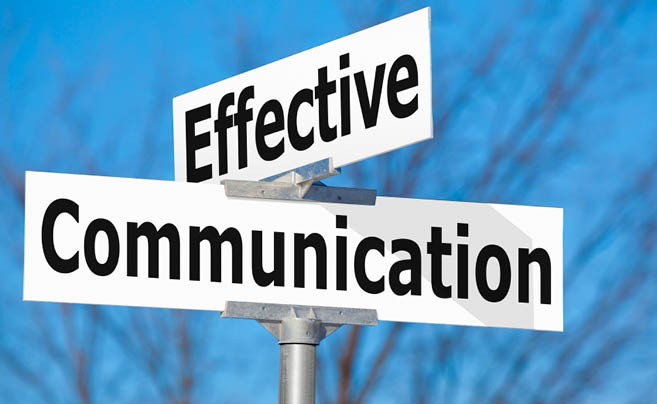The Mental Load: It’s Not Just About Being Busy
The Mental Load: It’s Not Just About Being Busy
“I just feel like my brain never switches off.”
If you’ve ever said this—or felt it—chances are, you’re carrying a mental load. And no, it’s not just about having a lot on your plate. It’s about being the plate.
The term mental load has gained traction in recent years, especially in conversations about working parents, relationships, and burnout. But what does it actually mean—and why does it affect so many people, particularly women?
Let’s unpack it together.
What is the Mental Load?
The mental load refers to the invisible, ongoing effort it takes to manage household responsibilities, emotional needs, planning, and organisation. It’s the internal checklist that never ends.
Think of it like this:
*Remembering your child’s immunisation is due next month (and booking the appointment).
*Noticing the toothpaste is low (and mentally adding it to the shopping list).
*Planning meals, checking the fridge, cooking dinner—while making sure the family isn’t late for soccer practice.
*Juggling work deadlines, school newsletters, and the emotional wellbeing of everyone in the household.
It’s not just physical tasks—it’s the thinking, remembering, planning, and anticipating behind them.
And that’s what makes it so exhausting.
Why It’s More Than Just “Being Busy”
Busyness is visible. People can see you running from meeting to meeting or folding laundry while answering emails. But the mental load is silent and often unacknowledged—even by the person carrying it.
You might look like you’re coping just fine on the outside, but internally, your brain feels like a browser with 47 tabs open. The weight is cumulative and relentless.
Many people report that the mental load causes:
Difficulty relaxing, even during downtime
Irritability or emotional exhaustion
Trouble sleeping
Feelings of resentment or being under-appreciated
Increased anxiety or burnout
And the hardest part? It’s easy to dismiss. “Everyone’s busy” becomes a way to invalidate or minimise the impact—until your body or mind forces you to stop.
Who Carries the Mental Load?
Anyone can carry a mental load, but research and lived experience show that it disproportionately affects women—especially mothers, as they are typically the primary carers of children. Often referred to as the “default parent,” many women find themselves responsible not just for doing tasks, but thinking about and managing them, even when others help.
But it’s not just parents. Young adults caring for ageing parents, neurodivergent individuals masking or managing executive function challenges, and professionals navigating high-pressure roles often carry intense mental loads too.
The Cost of Constant Mental Overload
Over time, the mental load can chip away at self-worth, relationships, and wellbeing. You might find yourself:
*Snapping at loved ones, then feeling guilty
*Feeling like no one else gets it
*Losing joy in things you used to enjoy
*Feeling like it’s “all too much” but not knowing what to let go
This can lead to chronic stress, anxiety, or even depression if left unaddressed.
How Can Psychology Help?
At Your Mind Matters Psychology Services, we work with many clients who arrive saying, “I don’t know why I’m so exhausted.” When we explore what their day-to-day mental load looks like, it becomes clear: they’re doing the job of five people, internally.
Psychological support can help in several ways:
Increasing awareness of the mental load and how it shows up in your life
Building boundaries and assertive communication to redistribute tasks fairly
Identifying cognitive patterns (like perfectionism or guilt) that keep you stuck
Developing emotional regulation tools to reduce reactivity and burnout
Practicing self-compassion and giving yourself permission to rest, delegate, or say no
Therapy provides a space to pause, reflect, and realign your energy with your values, not just your responsibilities.
Reducing the Load Starts with Noticing It
You don’t need to be in crisis to seek support. In fact, recognising the weight of your mental load before things spiral is a powerful act of self-care.
Here are a few reflective prompts to help you check in:
What thoughts are running through my mind right now?
Am I mentally holding onto things for other people?
What would I do with one truly responsibility-free hour?
What’s one small task I can delegate, postpone, or say no to?
The mental load isn’t a personal failing—it’s a systemic reality for many. But it’s not inevitable, and you don’t have to carry it alone.
You Deserve Support
At Your Mind Matters, we help clients unpack the invisible pressures that weigh them down and rediscover what it feels like to breathe, rest, and be enough. If you’re feeling the weight of “doing it all,” we invite you to reach out.













